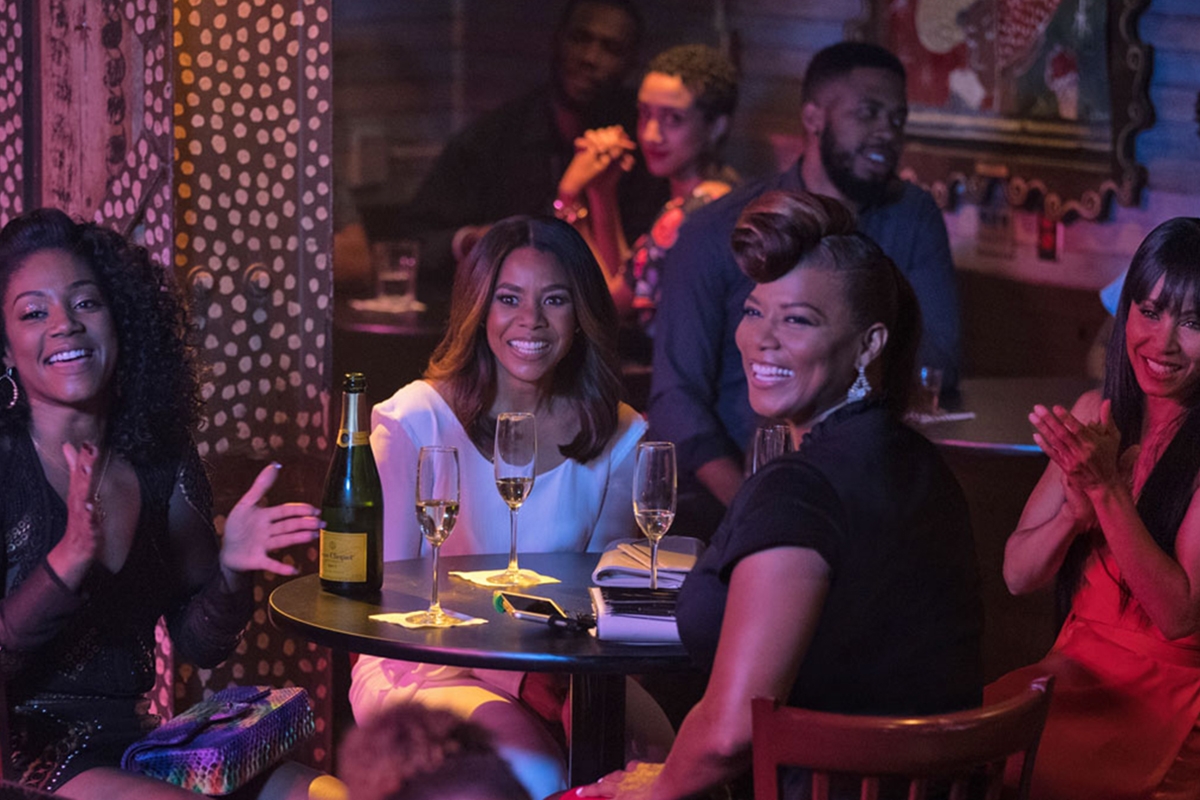25 years ago, Ernest Dickerson who was then an upcoming cinematographer made his mark on Black cinema with "Juice." With new talent including Omar Epps, Khalil Kahn and then newcomer Tupac Shakur, Dickerson crafted an iconic thriller about four young men from Harlem whose lives change dramatically as a result of one tragic decision.
Over two decades later and with everything from "The Wire," to his forthcoming film "Double Play" under his belt, Dickerson took the time to chat with me about making "Juice" while looking back on his profound journey in the entertainment industry.
Aramide Tinubu: Hi Mr. Dickerson, thank you so much for speaking with me today.
Ernest Dickerson: Sure.
AT: Congratulations on the 25th anniversary of "Juice," it's a wonderful thing to celebrate. How did you come up with the film’s narrative, and how did you and Gerard Brown come together to write the film’s screenplay.
ED: Gosh it was so long ago. I remember I wanted to do a film noir through the eyes of a 16 or 17-year-old. We were horrified by how guns were becoming so prevalent among our youth. We first wrote "Juice" in the early 80's. It was almost eight years before we were finally able to make a movie.
AT: Oh Wow!
ED: In the middle of the ‘80s we started seeing the prevalence of guns coming up among kids, and how that seemed to be changing the whole landscape. We wanted to write a story about that. So, that's really how it started. And, you know, I had always wanted to do something about kids. You would see that they were spending all night out, and I said, you know, whatever they were into, there is an idea for a movie there. So, that was another part of the germination. So, it was quite a few things.
AT: Wonderful. Why did you decide to use relatively unknown actors for the four main roles? Juice really introduced Tupac Shakur; he wasn't Tupac as we know him, Khalil Kain, Omar Epps, and Jermaine Hopkins. You chose to grab people who actually weren't well known at the time. Why did you make that decision?
ED: I thought it would be more real. I didn't see any known actors ... any known, young, African-American actors in that age range who would be realistic in those roles. So, you definitely, you want to go out to unknowns. I have been saying that from the very beginning.
AT: Excellent, that makes sense. I know that with Tupac he auditioned with one of his friends, and he read for the role of Q originally, but then you had him come back and read for Bishop. What did you see in Tupac during that audition that made you feel like he could become Bishop?
ED: I think the main thing that got me is, all of the other actors that came in to audition for Bishop, they automatically went ballistic, but there was nothing behind their going ballistic. So, it was that, and you've got vulnerability, you know? There is a deep pain in the character of Bishop that Tupac understood. I mean, he brought that in Bishop.































